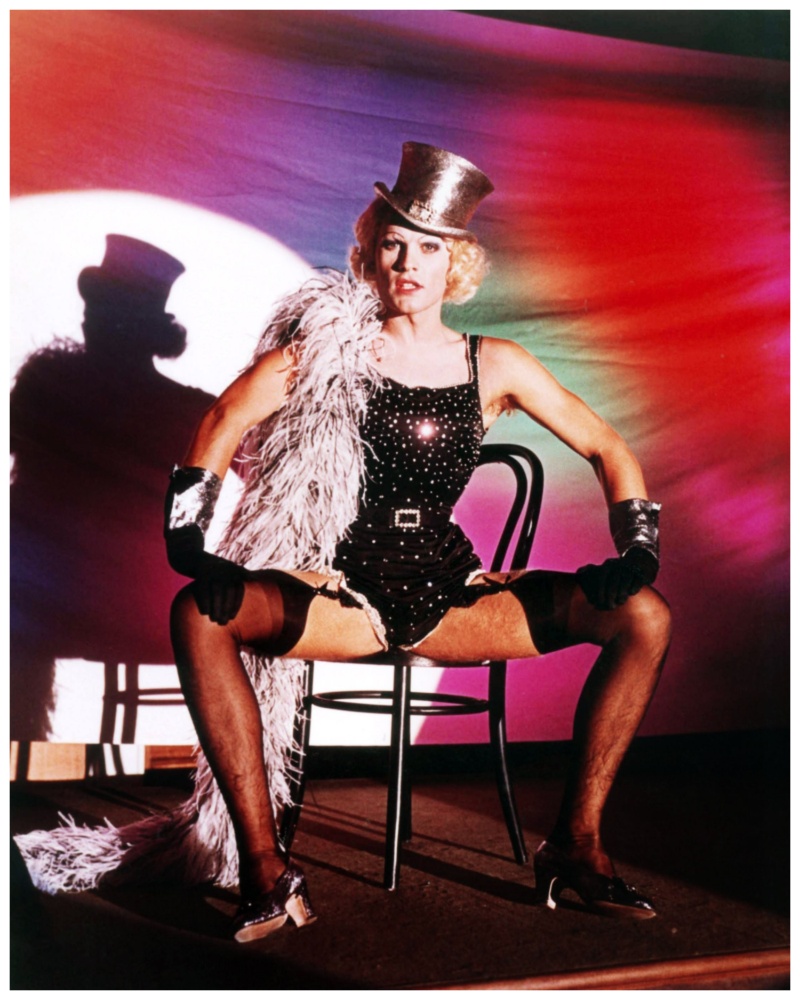Austrian actor Helmut Berger, the groundbreaking star of European cinematic masterpieces such as Luchino Visconti‘s “The Damned” and Vittorio De Sica’s “Garden of the Finzi-Continis,” has died at the age of 78. Berger died at home in Austria from natural causes.
In one of European cinema’s most storied and creative periods, the 60s and 70s, Berger boldly established his place in the pantheon of Continental stars via a handful of films directed by Visconti, his one-time romantic partner. “The Damned,” “Ludwig” and “Conversation Piece” were all crafted with standout roles for Berger and the films were hugely successful both at the arthouse box office and with critics and awards groups.

“The Damned”
Berger was nominated for a Golden Globe for “The Damned,” which was also nominated for a Best Screenplay Oscar in 1970. No less an authority than the late German filmmaking maestro Rainer Werner Fassbinder called it “perhaps the greatest film, the film that I think means as much to the history of film as Shakespeare to the history of theater.”
Awarded an honorary Lifetime Achievement “Teddy” Award at the Berlinale in 2007 for his groundbreaking creative roles exploring gay and bi-sexual characters, Berger’s greatest performances would not find favor with the social conservative crowd in the United States, currently shutting down drag culture with new laws and regulations. Berger’s drag impersonation of Marlene Dietrich in “The Damned” led legendary filmmaker Billy Wilder to comment, “Except for Helmut Berger, there are no interesting women today.” Madonna was quoted as saying, “I think it’s androgyny, whether it’s David Bowie or Helmut Berger, that has really influenced my work more than anything.”
In his heyday, Berger cut a swath through the tabloids and was a paparazzi favorite who sold papers due to his wild behavior and heady love life. His 1998 biography contains his recollections of many of those escapades, which include an eclectic array of dalliances with both Bianca and Mick Jagger, as well as Jagger future ex-wife Jerry Hall, ballet star Rudolf Nureyev, Linda Blair, Ursula Andress and Tab Hunter.
Outside of his collaborations with Visconti, Berger had a long and somewhat erratic career, battling drug and alcohol addiction for many years. Berger starred in De Sica’s Oscar-winning masterpiece “Garden of the Finzi-Continis” in 1970, and that same year also gained notice for the titular role in the Samuel Arkoff produced Italian version of Oscar Wilde’s “Dorian Gray.”
Larry Peerce’s “Ash Wednesday” (1973) had a muted reception with critics and audiences, but it firmly placed Berger at the top of the international acting ranks with his dashing role as the European love interest to Elizabeth Taylor, the cosmetic surgery-enhanced unhappy American wife of flinty businessman Henry Fonda.
“Garden of the Finzi-Continis”
By the 80s, his erratic behavior had stalled his movie career and he found work as a guest star for nine episodes of the American primetime hit soap opera “Dynasty.” For the first decade of this century, Berger retired from show business completely to care for his ailing mother. An attempted “comeback” included an appearance in 2013 on the German version of “I’m a Celebrity – Get Me Out of Here,” which concluded after only two days due to health issues. By 2019, his condition precluded any more creative activities.